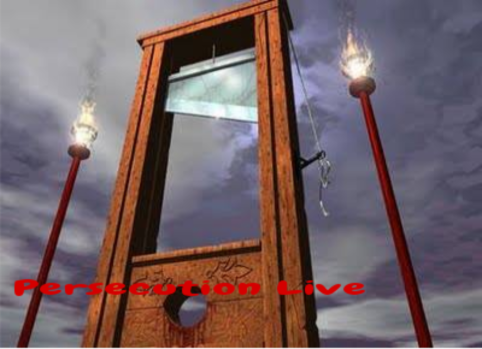With student loan cancellation and, now, pardons for federal criminal convictions for simple possession of marijuana, President Biden has suddenly upped the ante in the midterm elections. With his novel commandeering of the constitutional pardon power and his political repudiation of the scientific basis under federal law for classifying drugs, he has dramatically augmented presidential power. What is more, Biden’s pardon, an unprecedented and unilateral executive decree, is a scaled-up version of what has happened across the country as local prosecutors (executive branch officials themselves) have decided on their own which drug laws to enforce.
Biden is taking a constitutional power designed for review of individual criminal cases into new territory. Under Article I, Sect. 2 of the Constitution, the president has “the Power to grant Reprieves and Pardons for Offenses against the United States, except in Case of Impeachment.” A reprieve is a reduction in sentence; it does not affect the underlying conviction. A pardon, as described by Hamilton in Federalist 74, is an act of “mercy of the government” and “mitigation of the rigor of the law” as an occasional “exception” to the normal severity. The power is exclusive to the president and cannot be overturned by any body of government, legislative, executive, or judicial. Every president of recent years has used the power to pardon individuals, often with controversy; President Ford’s pardon of Richard Nixon is the prime example.
